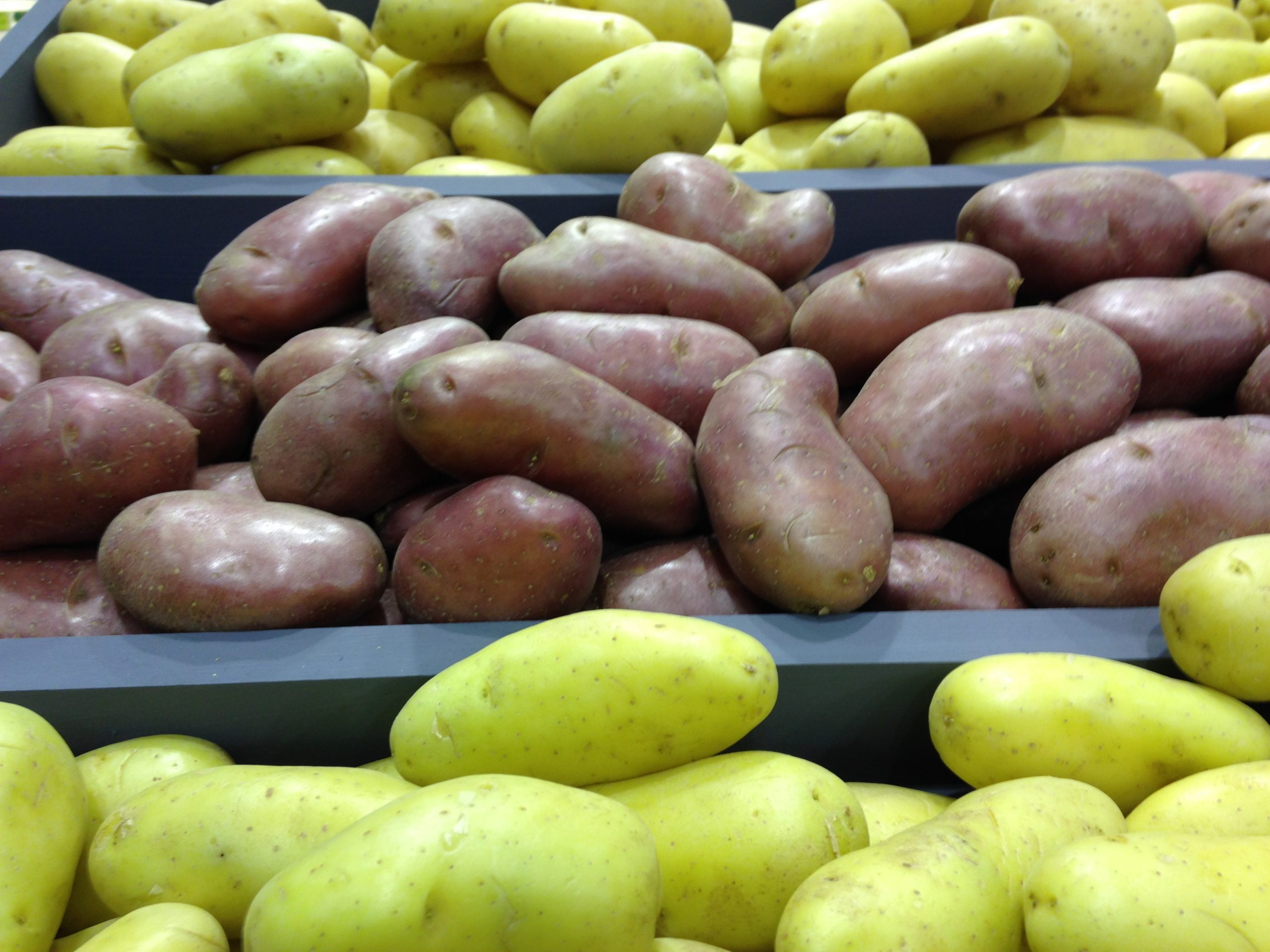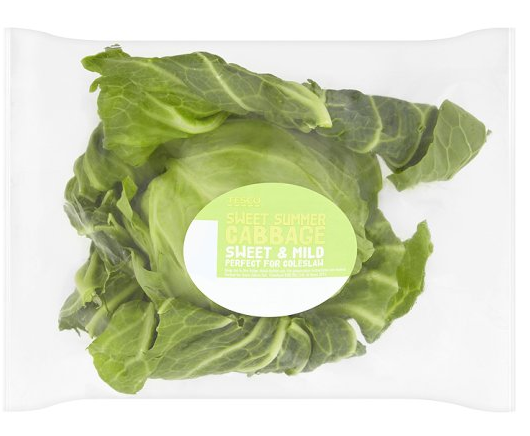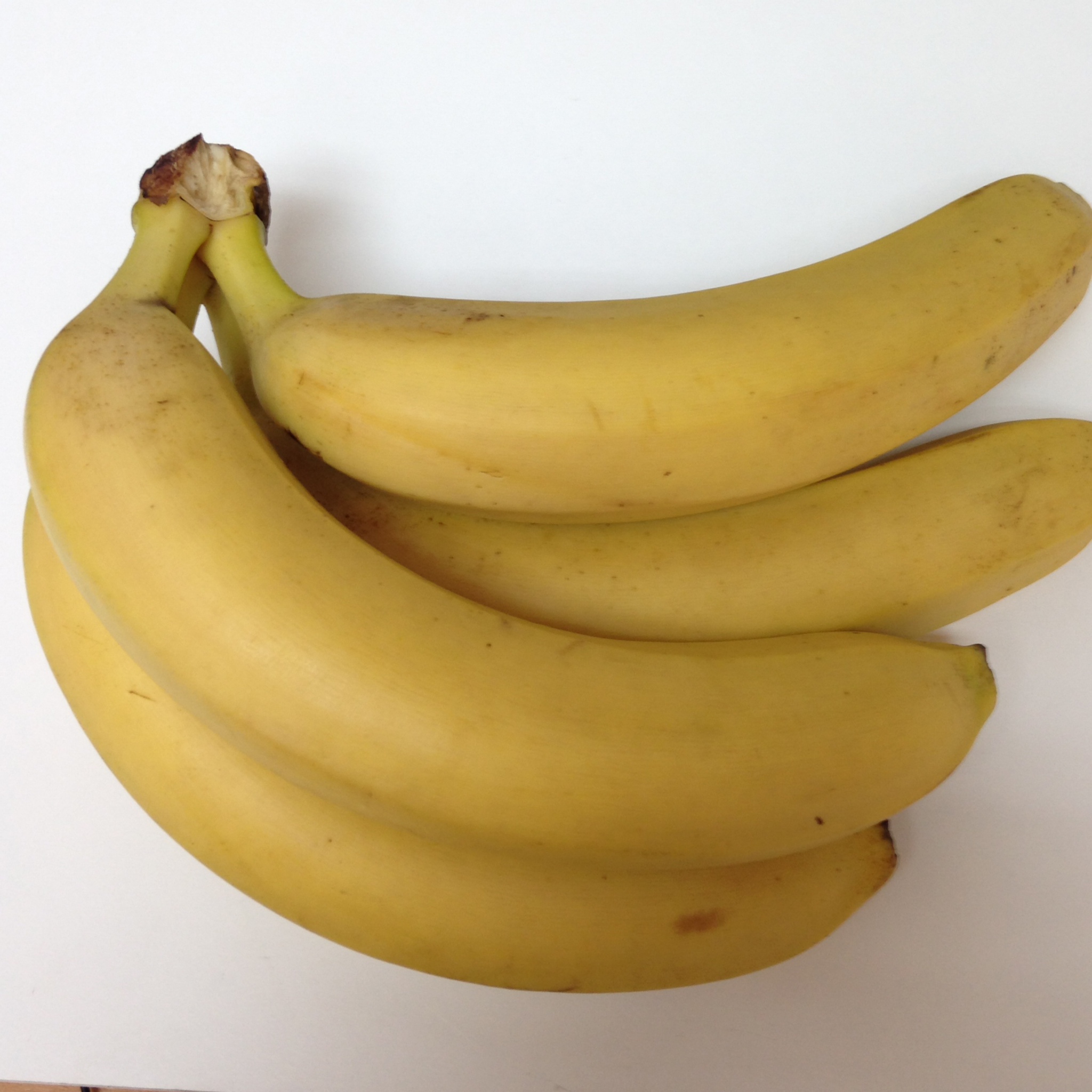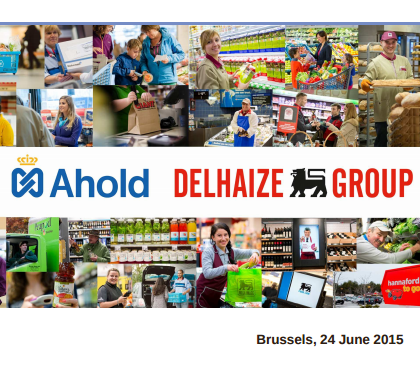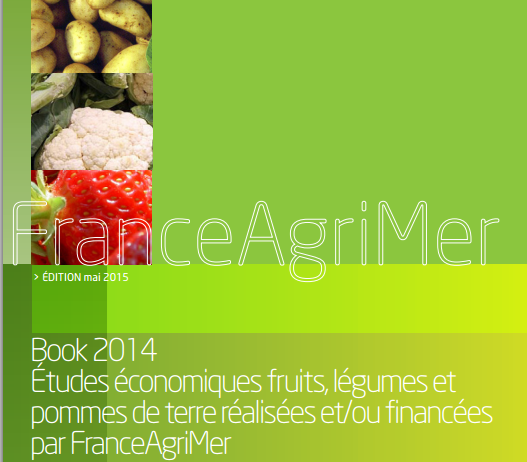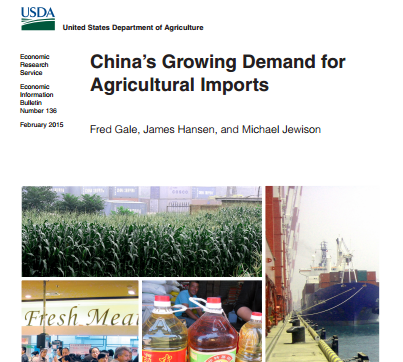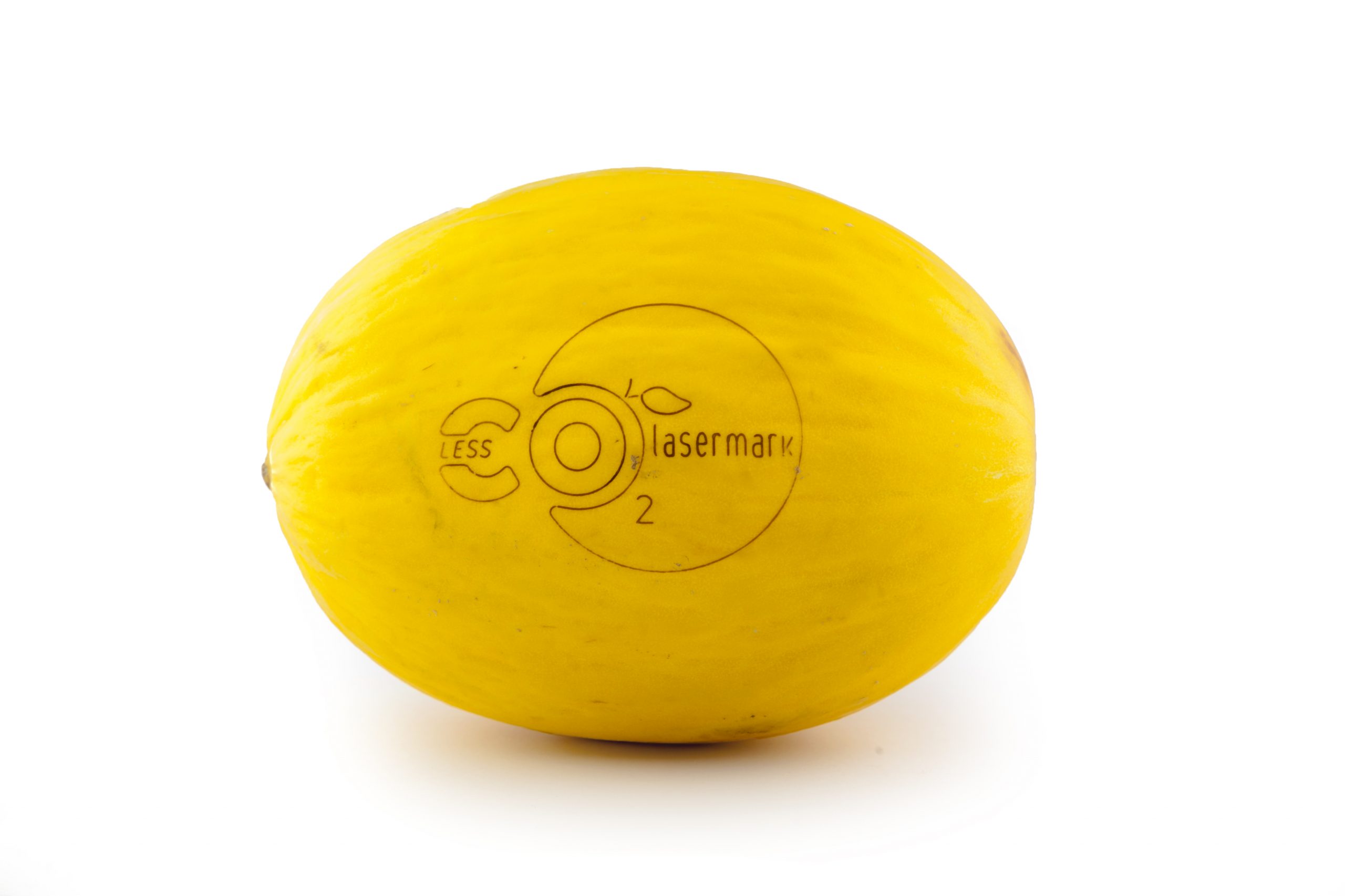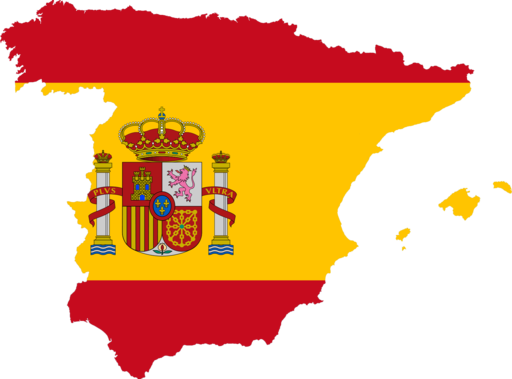
A recovery in exports of Spanish fresh fruits and vegetables in the first trimester of 2015 was partly thanks to increased consumption in some major EU markets – such as the UK and France – according to Fepex.
Spanish fruit and vegetable exports in the first four months of this year were up 8% in volume, to 4.8 million tons, and 11% in value, to €4.6 billion, compared to the same period last year.
Fepex, the Spanish federation of associations of producers and exporters of fruit, vegetables, flowers and live plants, said fruit exports were up 15% in volume, to 2.4 million tons, and 14.5% in value, to €2.27 billion.
It said Spanish government figures also show that vegetable exports were up 1.6% in volume, to 2.3 million tons, and 8% in value, to €2.5 billion.
Strong growth in orange exports in April
The most recent figures, for the month of April, show fruit exports up 15.5% in volume and 12% in value, compared to April 2014.
Fruit export highlights for April:
Oranges 263 538 tons (+25%)
Strawberries 101,365 tons (+11%)
Mandarins 68,872 tons (+26%)
Watermelon 13,636 tons (+7%)
Apples 12,038 tons (+23%)
Raspberries 6,111 tons (+39%)
Blueberries 4,620 tons (+3%)
Pepper exports down in April
Also in April, vegetable exports rose 20% in value, to €536 million, though by just 5% in volume, to 541,094 tons, with tomato, lettuce and cabbage the main vegetables exported that month.
Highlights of vegetable exports for April:
Tomato 109,258 tons +10%)
Lettuce 108 299 tons (+7%)
Cabbage 62 893 tons (+7%)
However, Fepex reported significant declines in Spanish exports of some vegetables, such as:
Pepper 57,551 tons (-8.6%)
Zucchini (courgettes) 36,732 tons (-11%)
Spanish imports of fresh fruit and veg also up
Meanwhile, Spanish imports of fruit and vegetables from January-April were 2% higher in volume, to 878,019 tons, and 8% in value, to €632 million, compared to the same four months last year.
Fepex said vegetable imports stood at 481,294 tons (+ 5%), for a value of €224 million (+2%), and fruit 396,725 tons (-1%) and €408 million (+11%).
Potato imports up 28% in April
Figures for April alone show that – largely thanks to potatoes – Spain imported 17% more vegetables, to 132,192 tons, but fruit imports were down 8%, to 114 298 tons. The relative values were up 6%, to €54.3 million, and 5%, to €121.7 million.

Original information (in Spanish):
http://www.fepex.es/noticias/detalle/crecimiento-10-volumen-16-valor-exportacion-frutas-hortalizas-abril
http://www.fepex.es/noticias/detalle/mantiene-evolucion-positiva-importacion-frutas-hortaliza-abril
Flag map of Spain: by Soerfm (own work) [CC BY-SA 3.0 (http://creativecommons.org/licenses/by-sa/3.0)], via Wikimedia Commons
